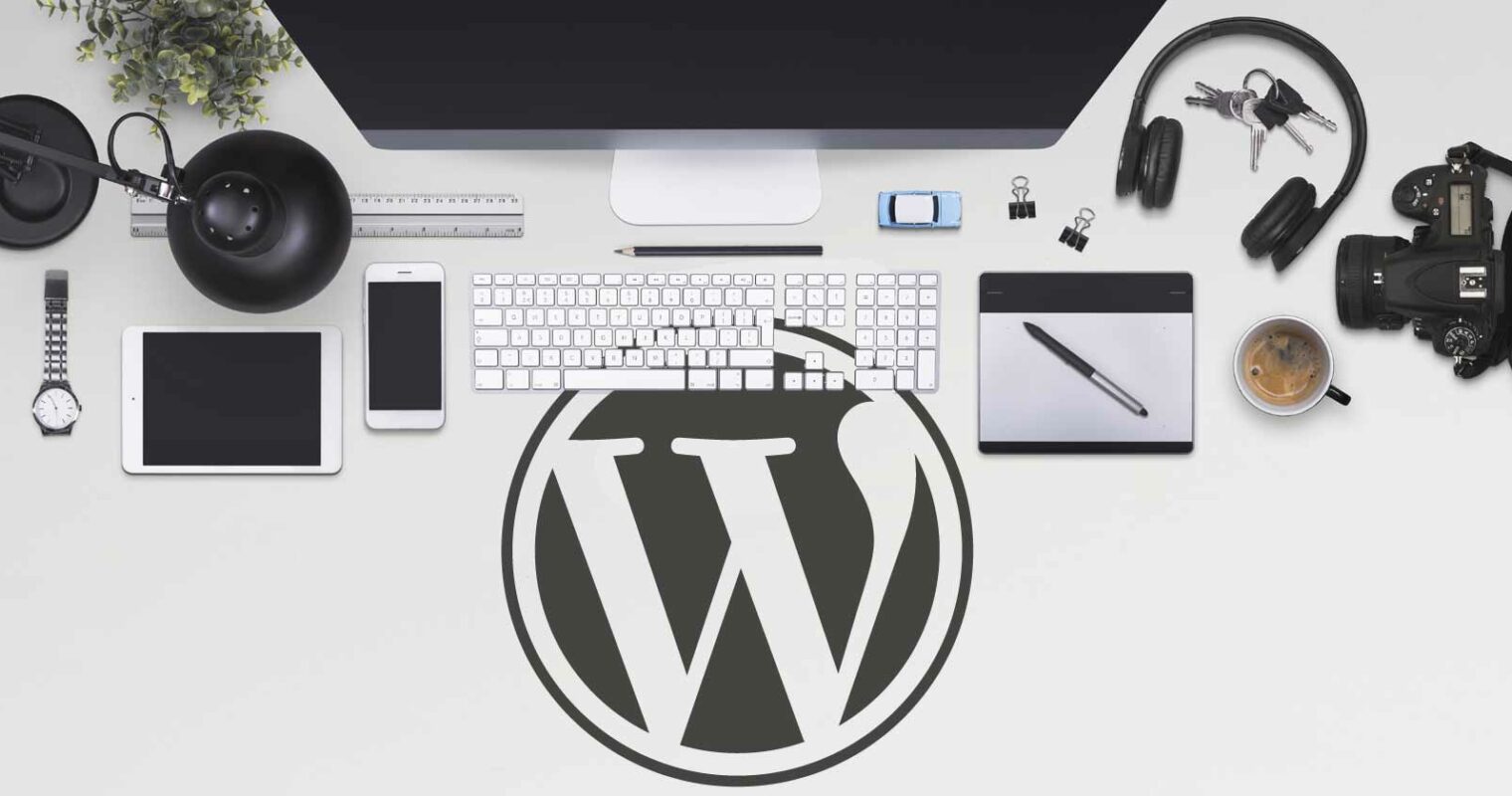If you’re looking for SEO-friendly CMS for small local businesses, WordPress is great for this. Here are 7 SEO improvements you can make to boost local search rankings.
Optimize your content
The most important assets on your website are your content offerings. It should have an extraordinary site structure, lightning-fast load times, and a lot of security procedures that won’t help you if your content isn’t up to par.
But before you can think about optimizing your content, you have to start with something your audience finds valuable and interesting. For this to happen, you have to understand your audience’s difficulty and you also should know how your products work out their challenge.
Once you get and understand this, you can make all your solutions into all sorts of captivating content, from different videos to blog posts to infographics, which makes them hooked on you and keep coming back and support your content.
Review Your Link Profile
We are aware from the recent studies that links are still the most important ranking signal when talking about localizing organic rankings. The number of domains that are linking to your site, the quality of your backlinks, and the optimization of your link’s protection are all strictly match up to your local ranking.
It always takes time to cultivate a good organic link building, but here are a few simple and easy steps you can start and that will surely help you with:
- Focus on Quality Over Quantity
- Find & Fix Broken Links
- Optimize Anchor Text
- Identify Potential Link Building Opportunities
Speed up Your Website
You can compare it to the tortoise that may beat the hare in children’s storybooks, but you can’t say the same thing in the world of SEO.
The site speed remains one of Google’s most main “technical” ranking elements, and if you want to beat out your competitors in local search, all you need to do is to make sure that your site is as fast as possible compare to your competitors.
Here are the possible techniques:
- Compressing Large Images
- Clean up Your WordPress Theme
- Reduce Server Load With Caching Plugins
- Don’t Go Too Plugin-Crazy
- Optimize for Mobile
There are many of your prospective supporters who are looking for local businesses through their mobile. Due to this, connected with the fact that Google indexes mobile sites in preference to their desktop correlates, it means that mobile optimization is a lot more important compared to anything.
The better option that you can do is to improve your mobile site and to focus on your page speed and image compression, but here are a few other tips and tricks that can help you:
- Use a Responsive Theme
- Design Specifically for Mobile Visitors
- Launch a Mobile App
- Create Accelerated Mobile Pages
- Integrate Google My Business Into Your WordPress Site
Indications just like example physical proximity, user reviews, and business descriptions and categories has a huge impact to your status in SERPs. Once you’ve affirmed your GMB page, you have to make sure that you added your WordPress site to your profile, and also the other key information, just like the hours of operation and your business status.
You can check for plugins and widgets that will probably allow you to transfer key ranking signals such as photos, a business map, and customer reviews from your GMB page to your personal website.
Install a plugin that will allow you to add your GMB review to your WordPress site, like the Google Places Reviews plugin, this will be a big help. You can also consider installing an intractable business map on your website via a plugin or widget like, Google Maps Builder is one of many examples that will help your customers find you easily.
Add Structured Data to Your Pages
Using plugins like Schema can sustain Google additional information about your business. This will also provide your customers more facts when they find you in SERPs, including useful info such as hours of operation, price range, and physical location.
Always remember that while descriptions don’t essentially enhance your web ranking, as well as more information does encourage higher click-through rates – and CTR can impact ranking on Google and some other search engines.
Include Location Keywords in Your URLs
All in all, the URL structure plays a minor role in your page’s ability to rank. When it comes to local search, but containing the location keywords in your URL can help you as a user to your experience for enhancement.
If you have many home pages that are targeting a lot of locations and you want to make sure that your customers are in the proper place.
The previous versions of WordPress didn’t provide you a lot of resilience when it talking about your URLs. As they call it “ugly permalinks,” which appeared something like this:
http://mydomain.com/?p=1354.
But, the most latest version of WordPress that’s so-called “pretty permalinks,” includes the date and name of your posts. They appeared just like this:
http://mydomain.com/2016/02/28/sample-post/.
In addition, you can change your URL settings in your WordPress through your Admin panel by going to Settings > Permalinks. From there, just click Custom Structure to add a location to your home page’s URLs.
David Johnson
Latest posts by David Johnson (see all)
- The 7 Local SEO Guide for WordPress - May 21, 2021
- SEO updates: April 2020 - April 9, 2020
- How to Protect Your Business From Coronavirus Crisis - March 27, 2020
